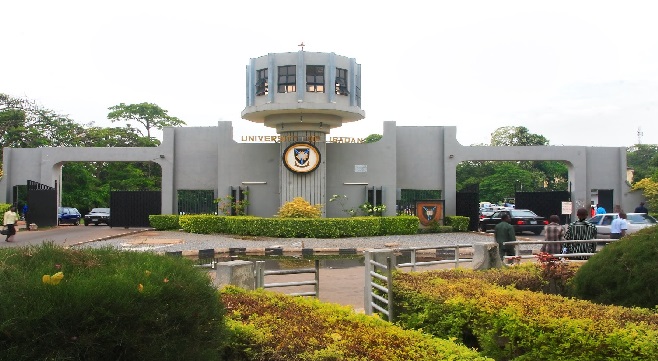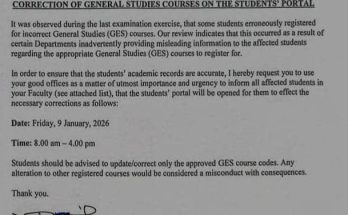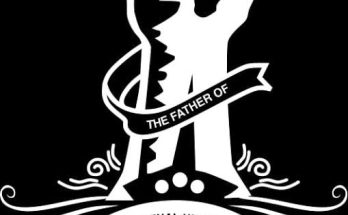“Let the hero blow his whistle. After all, he deserves all the accolades he got” this and many other similar words do not fail to leave the lips of members of the great Ukemba community. Members of this community glorify their indispensability in the effective running of state’s affair; not only because it was the first within the municipal society but it’s being regarded as “the best” amongst other communities around it.
A quick backdrop into the existence of Ukemba would lead to an appraisal of its existence. In 1947, some men found an expanse of land that could be converted into a community of like-minded people with the sole purpose of training her members in a way that would ultimately lead to the development of the state. Few years later, the community was granted autonomy from the hands of its founders. Immediately a declaration of self-rule was made, the power of monopoly sets in. The ability of indigenous rulers to overturn events in a way that suit their political whims and caprices does need to be over-flogged. Like the proverbial “soja go, soja come” each ruler leaves after running a tenure of 5 summer in a way he finds most pleasing to him. There is no point blaming anyone, after all, we are Africans.
While each ruler did things in his own perceived most efficient way, members of the community are usually left to bear the brunt. Oh. Pardon my manners! I forgot to mention the societal stratification. The community is purely capitalist. There is the ruler and members of his cabinet; they see to the smooth running of the community activities. Due to their high handedness, whatever they decide upon, in their shallow chamber, is not open to debate. This is followed by the bourgeoisie whose main presence is to trade, they stay only when the community affords them the reason to. Those at the lowest level of the strata are the proletariat; while their stay here is not permanent because they are expected to move further in life once their years of stay had lapsed, whatever they gained from the community will be the legacy to survive in the outside world. The glaring quality of this community affords her the chance of being ranked the best amongst neighbouring communities. This title is paired with its natural title of being the first of its kind. An annual festival is carried out to mark the debut of the proletariat, without this festival, none of them will be allowed to make a formal appearance into the society. Both the societal stratification of this community and the annual festival are analogous to the plot of the movie “Bridgerton.”
Whatever occurred from inception is of little importance compared to most recent occurrence. The previous ruler, reputable for his po-faced disposition against perceived act of insubordination, upturned events as he pleases; especially w hen he perceives any case of insubordination from the proletariat. Yearly activities that ought to take place in the first quarter of the year moved to the last quarter, then more than a year gap.
Should we talk of the community’s lack of intuition in dealing with matters? Or its act of chasing clouts when it is most unnecessary? While men of the shallow chamber failed to respond to pressing issues, they through their waist behind any proposal that enrich them at the expense of the masses.
How rulers of the great Ukemba kingdom run the affairs of the community is quite demeaning for a community that is regarded as the best among equals. While there is a standing rule that no kingdom must collect taxes from their members, Ukemba wriggle its way out of charging its members with certain amount of isakole, with subsequent increment, citing the excuses of failure to get tipped by external donor. One begins to wonder how a community that is highly exalted does things like others; then, how did it become unique? Is it a form of self-appraisal or a mere case of living in past glory?
With a surge in uncertainties, inhabitants of Ukemba are beginning to query the self- acclaimed ‘best” quality of the community. Series of thought-provoking questions are beginning to escape the lips of the proletariat. “Who are the categories of people that regard Ukemba as being great?” “How relevant are these people in relation to what they opined?” “Who determines the greatness of a community, is it the inhabitant or those within external communities? “
These and many other rhetorical questions keep resurging. However, since these questions are purely rhetorical, no one has deemed it fit to respond to them. While this questions remain unanswered, the “best” quality of the kingdom is neither unfounded nor valid.




